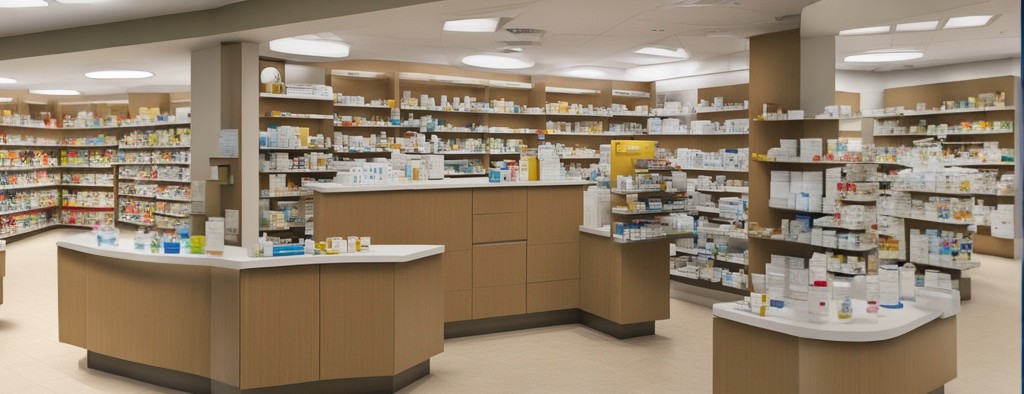What Are Normal Testosterone Levels By Age?
Testosterone is an important hormone. It helps men develop during puberty, and as they age, it plays a critical role in helping control fat levels, cholesterol, and glucose levels. Testosterone production peaks in your teen years and remains high until your mid-thirties, when your testosterone levels start to decline, at the rate of one to two percent per year.
But determining normal testosterone levels by age? That’s a little more complicated.
A combination of age, genetics, and pre-existing medical conditions determines your testosterone levels. A guy in his 20s with healthy genes and no chronic ailments will have a higher testosterone level than a 55-year-old with ongoing medical issues.
Testosterone Levels By Age
“To determine what’s a good T level for your age, you also need to look at the clinical picture,” says Danielle McDevitt, M.D., a physician who specializes in hormones.
“By that, I mean how you, the patient, are feeling. Younger patients who have a sedentary lifestyle, who aren’t athletic and out running marathons; they don’t need a high level of testosterone. But if you’re 50 and doing triathlons, you’ll need higher levels.”
KNOW YOUR T
How Much Can Testosterone Replacement Therapy Cost?
How to Legally Buy Testosterone Online
Why You Need Healthy Testosterone Levels For Your Age
Testosterone is a hormone that’s crucial for men’s health. Produced by your testicles, this androgen plays an essential role in your sex drive, sperm production, muscle growth, bone growth, hair growth, voice deepening, and red blood cell production. Testosterone, also “helps control our lipids, cholesterol, and glucose,” says McDevitt.
“Testosterone also helps protect your bones from osteoporosis; it helps keep bones strong and prevents them against loss of bone density. Lastly, it helps protect the brain against dementia and memory loss. If your testosterone is within a good range, you’re more sharp; you’re thinking more clearly.”
As you age, hormone levels decline. You may become pre-diabetic, or see your cholesterol levels rise, says McDevitt. “We tend to blame this on poor diet and lifestyle choices—which can definitely be a large factor.”
But if you’re pretty healthy, you adhere to a plant-based diet with a little protein mixed in, and you’re still seeing medical conditions like pre-diabetes creep up or your thinking isn’t as sharp, doctors often look at where your testosterone levels are.
“I see patients often who say they’re having a hard time with emails and texts, unable to shoot off answers to simple questions with ease. That’s when we start to check your hormone levels,” McDevitt says . T
After 35 years old, hormone levels start to drop.
What Are Normal Testosterone Levels By Age?
Testosterone is measured in nanograms per deciliter (ng/dL). At its peak, during your adolescent years, a normal range for your testosterone is anywhere between 300 and 1,200 ng/dL. When you’re entering your mid-thirties, you’ll start to see it declining by at least one percent per year.
“After 35 years old, we see hormones start to drop,” says McDevitt.
“But we are now seeing a lot of young patients with low T, which is due to environmental factors, like more plastic leaching PCBs (polychlorinated biphenyls) into your body where these elements resemble estrogen, but also teens don’t get enough sleep, they have more stress. Many military patients, with a rougher lifestyle, their T drops faster than normal aging.”
On the other hand, McDevitt says she sees older men who live a healthy lifestyle in their fifties who have the testosterone levels of a man in his thirties.
Clinically, male hypogonadism, or low testosterone, is defined as having a level of 200 ng/dL for two readings (a threshold often used by insurance companies to determine whether treatment could be covered). However McDevitt says you’ll want to be around 300 ng/dL.
“You’ll be feeling all of the symptoms of low testosterone at 200 ng/dL,” she says.
“People with levels around 200 would feel awful. You’d be barely able to function with that. You’d not be sleeping well, you’d have no sex drive, you’d be fatigued, you’d have no muscle mass, you’d have uncontrolled glucose levels and more.”
People often ask whether 500 ng/dL is a good level. “500 can be a good T level for people with a sedentary lifestyle, because they don’t require tons of T,” says McDevitt. “But if you’re very athletic, you’ll need more than 500 ng/dL,” she says.s
